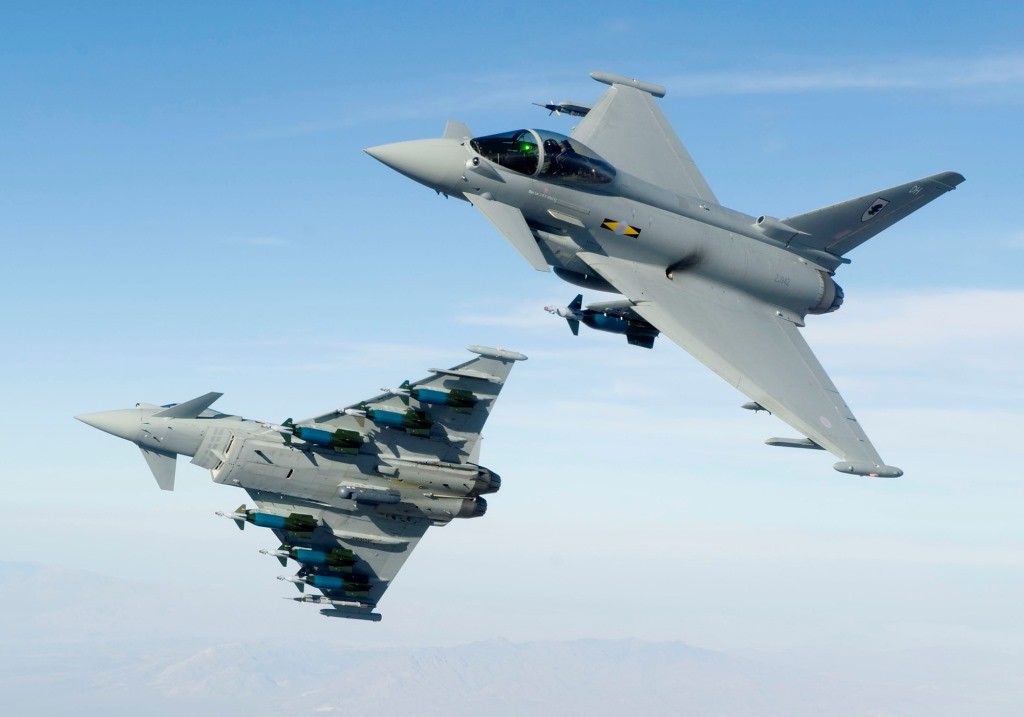According to a public opinion survey on national defence in which 1,203 residents of Estonia were interviewed, 89% of the population support Estonia’s NATO membership.
That’s a significant jump from May 2000, when only 54% of the people were fond of the country being a member of the alliance.
According to the survey, NATO membership continues to be considered the main security guarantee for Estonia – 59% mention it as one of the three most important factors. Similar to the preceding surveys, the development of Estonia’s independent defence capability holds second place (41%), followed by cooperation and good relations with Russia (29%), which is considered the primary security guarantee by 57% of Russian-language speakers and 16% of Estonian-speaking respondents.
“For Estonian-speaking respondents, the most important security guarantee is clearly the membership in NATO (75%; 24% of Russian speakers), development of Estonia’s independent defence capability is in 2nd place (48%; 26% of Russian speakers),” the report says.
Cyberattack thought to be the most probable threat
77% of the respondents say they trust the Estonian Defence Forces, which places it on a third place after the rescue services (96%) and police (86%).
“While Estonian and Russian-speaking respondents assess many global threats similarly, there is a fundamental difference in evaluating the activities of Russia. Estonians rank the threat of Russia as third (48%), whereas Russian-speaking respondents place it as last (6%),” according to the report.
The most probable threats to Estonia are thought to be, first, that there would be an organised attack against the Estonian state information systems, or a cyberattack (72%); and second, that some foreign country may interfere in Estonian politics and economy in order to influence these in their own interests (65%).
Armed resistance necessary in case of a military attack
81% of the respondents consider armed resistance necessary in case of a military attack. “Estonian-speaking respondents consider armed resistance more necessary than non-Estonians (resistance is deemed certainly necessary by 53% of Estonian-speaking respondents and 33% of Russian-speaking respondents), yet only 15 per cent of the latter do not consider resistance necessary.”
58% of the population would be willing to participate in defence activities to the best of their abilities and skills: 65% of Estonians and 43% of the Russian-speaking respondents, according to the survey. “More than 80 per cent of male citizens under 50 years of age are willing to participate in national defence.”
On the other hand, in a situation where Estonia is under attack, every fifth person would consider leaving Estonia. Women (24% certainly or probably) and younger people up to 39 years of age (about a third) are most likely to leave Estonia. 32 per cent of Russian-speaking respondents and 14 per cent of Estonians would probably leave.
The survey was conducted on the order of the Estonian ministry of defence by the social and market research company, Turu-uuringute AS. The company interviewed 1,203 residents of Estonia from the age of 15 onward. This was already the thirty-ninth survey in monitoring public opinion, which was started in 2000.
I
Cover: NATO allies protect Estonia’s airspace on a 24/7 basis (the image of two RAF Typhoon fighter jets is illustrative.)

